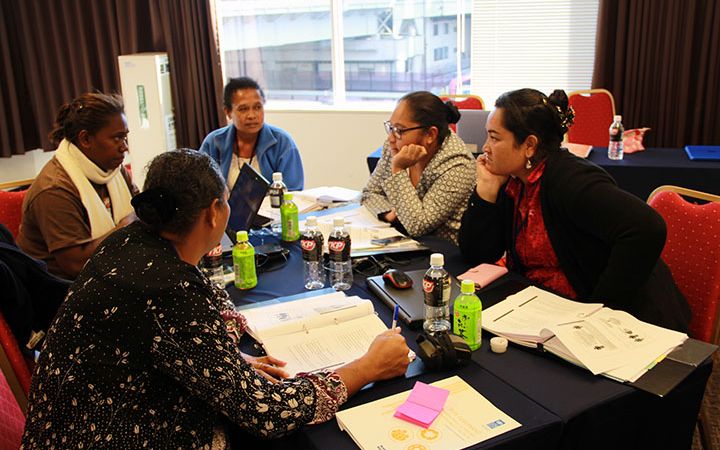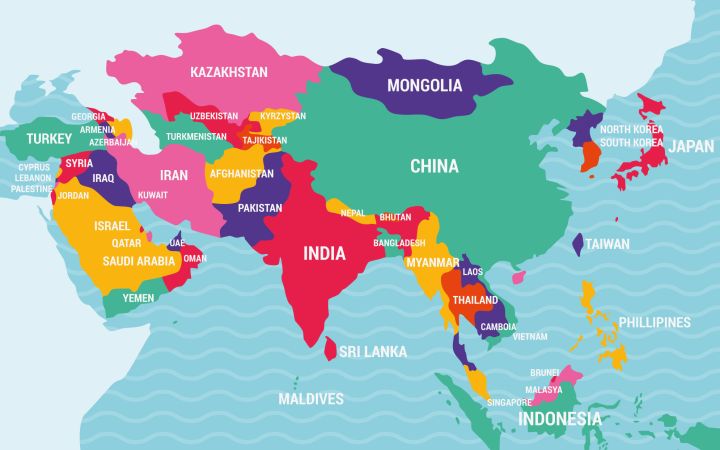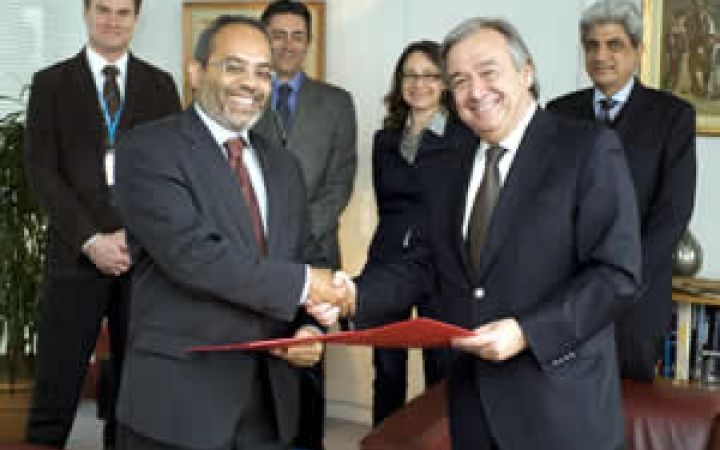Displaying 2181 - 2190 of 2505
UNOSAT took part in an innovative initiative in the area of artistic imaging leading to an exhibition in Geneva in March 2011 and a permanent exhibition in Karlsruhe.
28 February 2011. Geneva, Switzerland. Ambassador Patricia Espinosa, Secretary of Foreign Affairs of Mexico and the Chair of the conferences on climate change, COP16/CMP6, shared her vision of the future of the climate change response in an open dialogue with the Geneva-based diplomatic community, NGOs, and representatives of intern
ADPC and UNOSAT create partnership to increase capacity development in Asia and the Pacific.
As the UN Security Council prepares to issue a firm resolution on Libya, thousands of civilians are reportedly dead in clashes with armed forces within the country. As events evolve rapidly, accurate information from the United Nations and its partners about the situation on the ground remains scant. UNOSAT has received various requests for baseline mapping and analysis in connection with the current surge of humanitarian response preparedness.
Monday 28 February 2011, 15:00 – 16:30, Room XVI of the Palais des Nations, Geneva, Switzerland.
UNITAR Executive Director Carlos Lopes (shown in the photo on the left, front left) and the High Commissioner for Refugees António Guterres (front right) signed a comprehensive agreement concerning the support to be provided by UNITAR
Washington DC, 20 February 2011 – The Annual Meeting of the American Association for the Advancement of Science (AAAS) hosted a session on “Joining Forces in Post-Disaster Recovery and Reconstruction” dedicated to the partnership model launched by UNOSAT, the European Commission Joint Research Centre (JRC) and the World Bank’s Global Facility for Disaster Reduction and Recovery (
With support provided by the Swiss Development Cooperation, UN CC:Learn will be in a position to support three Pilot Projects on Strengthening Human Resources, Learning and Skills Development to Address Climate Change in 2011-2012.
Coming from Iraq, Côte d’Ivoire, Darfur, the Democratic Republic of Congo, Burundi and Liberia, to the Middle East, Central Asia, East Timor and Haiti, the heads of the United Nations Peace Operations around the world gathered in Switzerland 10 to 12 February 2011 for the annual Seminar for Special and Personal Representa
More than 1,000 participants from both the private and public sector from Africa and other parts of the world participated in the second Africa Carbon Forum that took place in Nairobi, Kenya in 2010, pointing to the immense interest for Clean Development Mechanism projects and the potential for carbon markets and trading in Africa.




